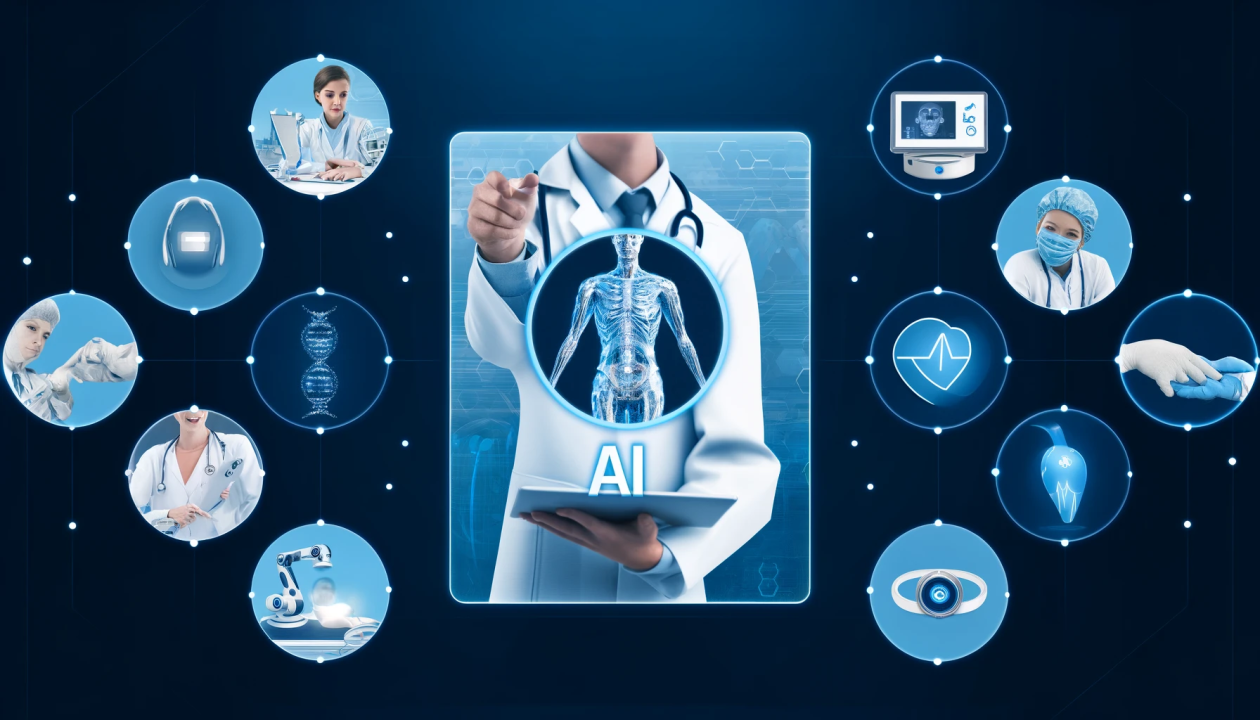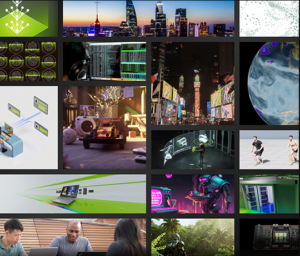Artificial Intelligence (AI) is revolutionizing industries around the globe, and healthcare is no exception. By harnessing the power of AI, medical professionals and researchers are finding new ways to diagnose, treat, and prevent diseases, leading to more personalized, efficient, and effective healthcare solutions. This article explores the transformative impact of AI in healthcare, highlighting its applications, benefits, and the future it promises.
AI-driven Diagnostics

One of the most significant impacts of AI in healthcare is in the field of diagnostics. AI algorithms can analyze complex medical data much faster and often more accurately than human practitioners. For instance, AI-powered imaging tools can detect anomalies in X-rays, MRIs, and CT scans that might be missed by the human eye. Moreover, AI systems like IBM Watson are being used to diagnose cancer and other diseases by cross-referencing patient data with vast medical databases, leading to quicker and more accurate diagnoses.
Personalized Medicine
AI is at the forefront of personalizing patient care. By analyzing patterns in data from numerous sources, including genetic information and patient histories, AI can help doctors tailor treatments to the individual needs of each patient. This approach not only improves outcomes but also reduces the risk of adverse side effects. Personalized medicine, powered by AI, is particularly groundbreaking in the treatment of chronic diseases such as diabetes and heart disease, where AI algorithms can predict how patients will respond to various treatments.
Robotics and Surgery
Virtual Health Assistants

AI-powered virtual health assistants and chatbots are providing constant support to patients, offering reminders for medication, scheduling doctor appointments, and providing basic medical advice. These virtual assistants are accessible 24/7, reducing the need for face-to-face doctor visits and helping to alleviate the strain on medical professionals.
Challenges and Considerations
Despite its many benefits, integrating AI into healthcare presents several challenges. Data privacy and security are major concerns, as healthcare data is particularly sensitive. There is also the need for substantial investment in infrastructure and training to fully integrate AI technologies into existing healthcare systems. Additionally, there is a continuing debate about the ethical implications of AI in healthcare, including concerns about bias and the reduction of the human element in care provision.
The Future of AI in Healthcare
Looking ahead, the potential of AI in healthcare is immense. As technology advances, AI will become even more sophisticated, with greater potential to support medical professionals and enhance patient care. The future may see AI systems not only diagnosing and treating diseases but also predicting them before they occur, leading to an era of preventive medicine that could save millions of lives.





